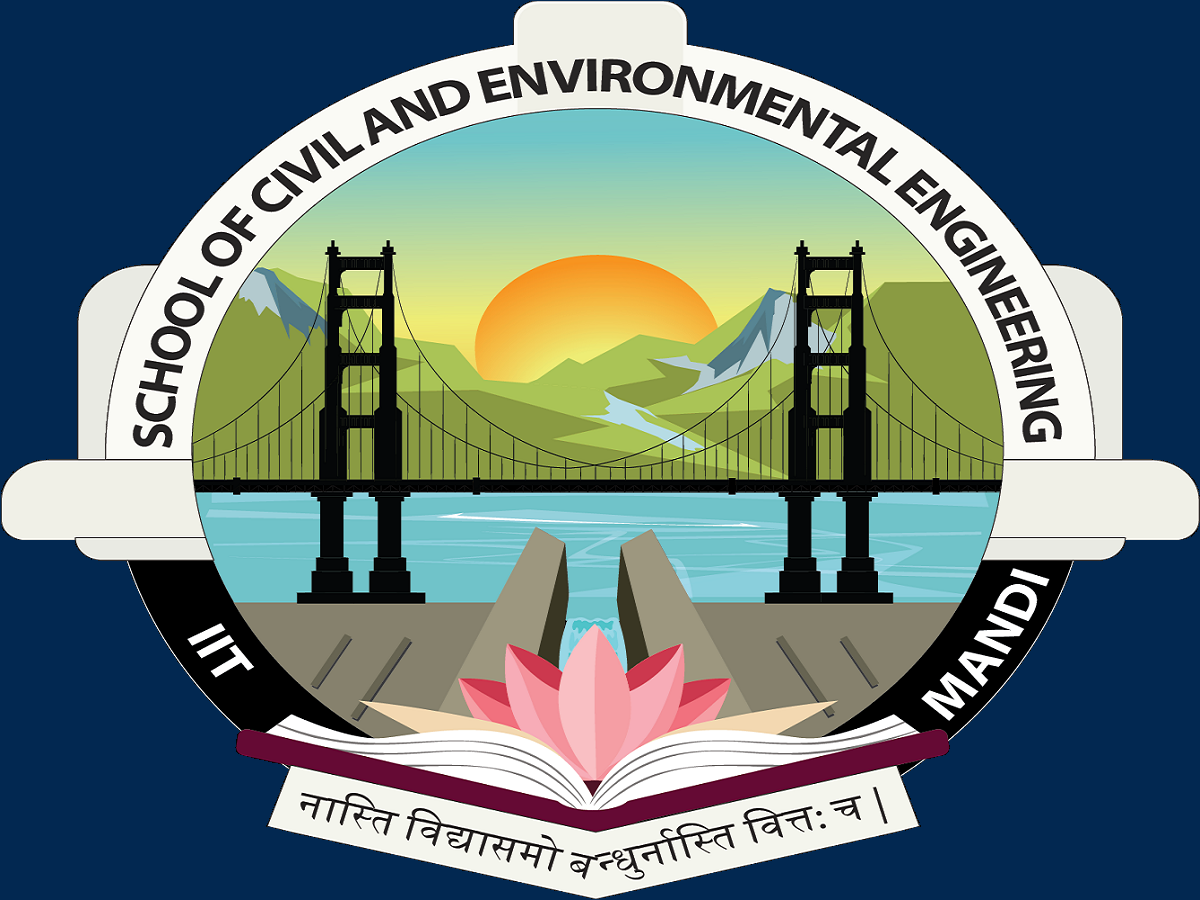Impact of climate change on runoff regime of the Godavari River in India
Sustainable Water Resources Management
Rahul Kumar Singh., Manoj Kumar Jain., & Vivek Gupta
2022-04-13
The present study attempts to assess the impacts of climate change on multi-dimensional flow characteristics of the Godavari River discharge regime. The assessment of the impact of climate change on the river flow regime has been carried out using 32 indicators of hydrologic alteration (IHA) and analysis of flow duration curves (FDCs). A well-calibrated hydrological model (Soil and Water Assessment Tool, SWAT) has been used to simulate near future (NF 2020–2050) and far future (FF 2070–2100) period flows using climate data obtained from four General Circulation Models (GCMs) for two representative concentration pathways (RCPs) scenarios. The projected relative change (%) analysis of IHAs reveals that for the Godavari River basin (GRB), several IHAs showed increasing relative change in their median values higher than the threshold value of ± 30%, indicating significant alteration. The overall flow regime alteration for the GRB has been projected to be of highly altered category for future periods and emission scenarios. The FDC analysis for GRB reveal that the overall water yield is likely to increase for both future periods and emission scenarios, indicating the need for a relook into the future water management perspective in terms of water storage capacity, large area inundation, agricultural water management, cropping intensity, and aquatic ecosystem management. Therefore, the present study results would provide a valuable tool for decision-makers for strategy formulation in the GRB. The methodology adopted in the present study could be utilized for the hydrologic alteration assessment under climate change in the major river basins of India and elsewhere.

